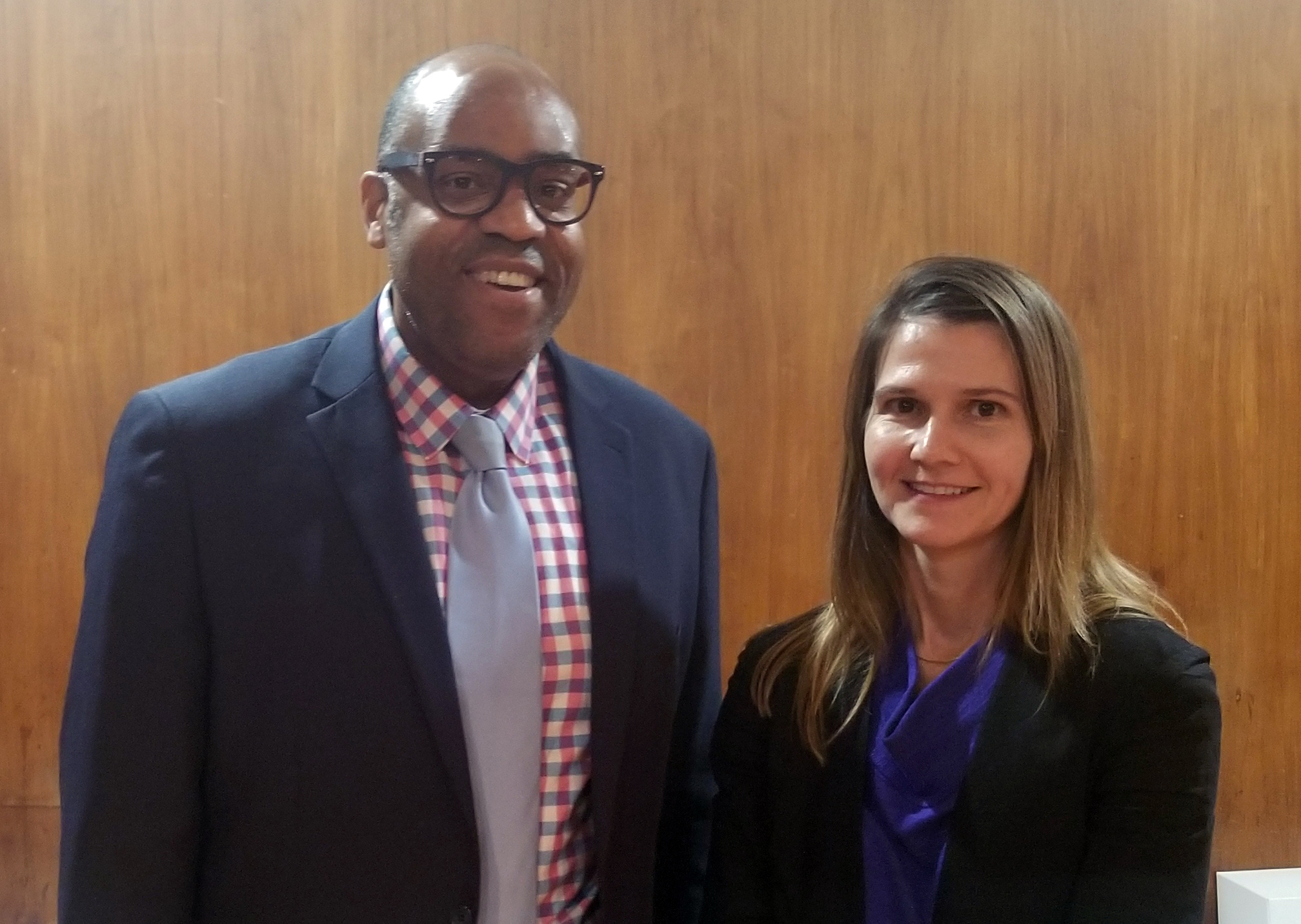Volunteer Lawyers Project trains lawyers to help pro se defendants

The Brooklyn Bar Association Volunteer Lawyers Project held a seminar at the bar’s Remsen Street offices Wednesday night to educate attorneys about providing assistance to people who represent themselves in debt-related actions.
This continuing legal education seminar was a “basic” introduction to volunteering with the Civil Legal Advice and Resource Office (CLARO), said presenters Sidney Cherubin and Jennifer Cook. Cherubin is the VLP’s director of legal services. Cook, VLP staff attorney, leads the Volunteer Lawyer for the Day program.
Ethical issues and client communications were among the topics of discussion, as was information on the life cycle of a debt. Cherubin and Cook explored court processes and motions, as well as key defenses that pro se debtors might use.

Brooklyn Boro
View MoreNew York City’s most populous borough, Brooklyn, is home to nearly 2.6 million residents. If Brooklyn were an independent city it would be the fourth largest city in the United States. While Brooklyn has become the epitome of ‘cool and hip’ in recent years, for those that were born here, raised families here and improved communities over the years, Brooklyn has never been ‘uncool’.